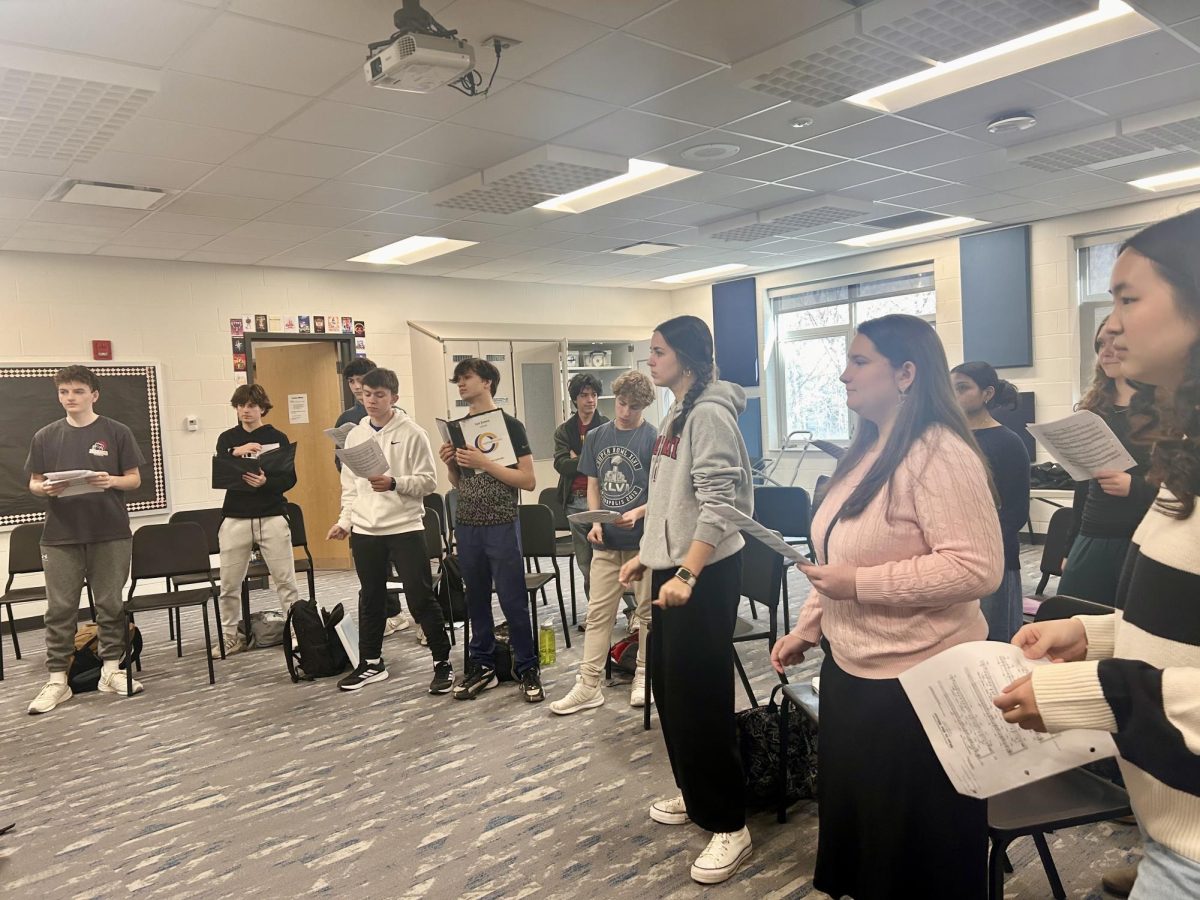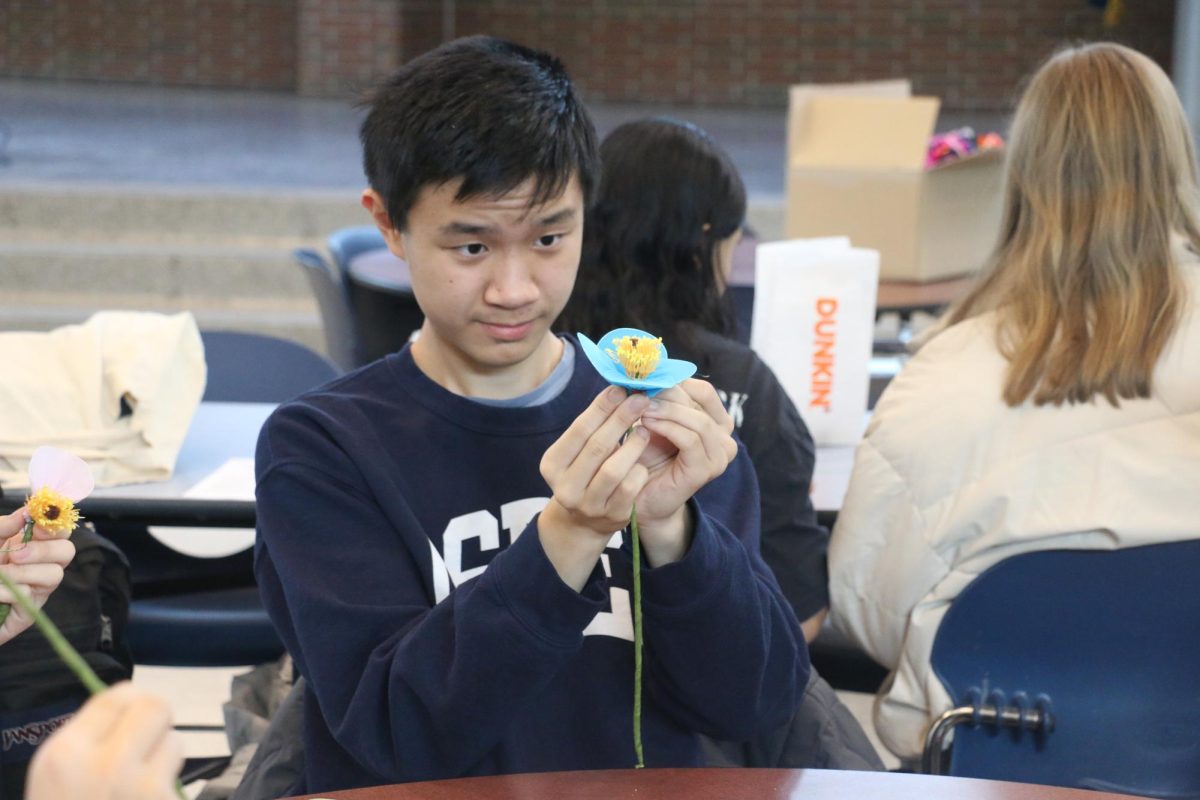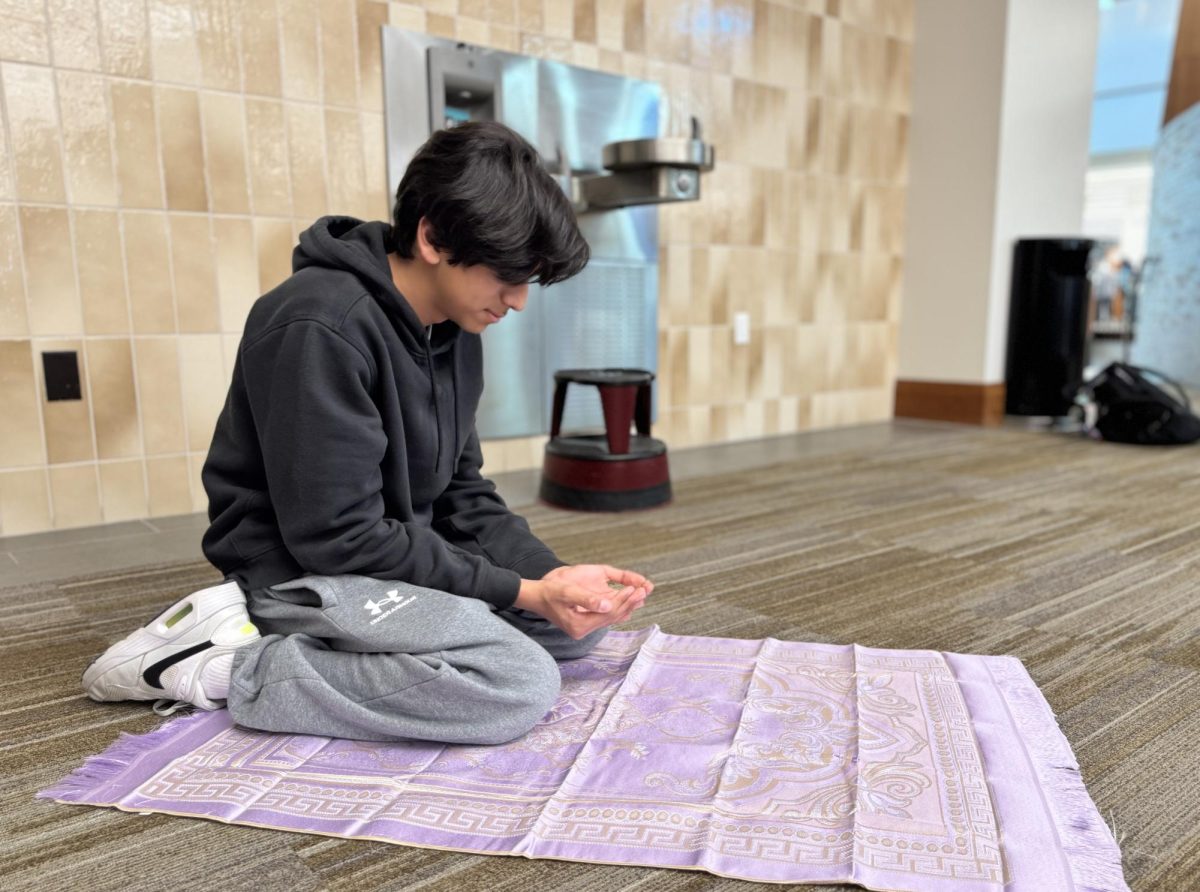Football is a violent game. It is a game known for its bone-crushing tackles and brutal hits. Simply put, the game is physically intense. With such physicality comes the inevitable: injuries. Yet, players are known to stay on the field in spite of injury. Playing through pain is not a new concept.

For example, Jack Youngblood is a retired defensive end who played for the then-Los Angeles Rams from 1971-1984. In 14 years of playing football, he only missed one game. In 1980, he led the Rams to a Superbowl (which they lost to the Steelers). Leading a team to a Superbowl is impressive, but what is more remarkable is this fact: in the first round of the playoffs that year, he had suffered a fractured fibula—a broken leg. However, he refused to let his serious injury slow him down. He was fitted with a plastic brace and played through the remainder of the playoffs. He was running, tackling, making cuts—all with a broken leg. As a football player, I cringe imagining all the times he ended up on the bottom of the pile or had his leg twisted under him during those games.
Additionally, Seattle Seahawks cornerback Richard Sherman openly admitted to playing through a concussion his rookie year. In a CBS Sports article published on Oct. 24, he described how he got his concussion and said, “…I played the next two quarters half-blind, but there was no way I was coming off the field with so much at stake.” Concussions and head-to-head hits have been a hot topic in the NFL recently, with new rules being introduced to try to prevent such hits. Yet, from Sherman’s example, it is clear that concussions still happen, and players may choose to ignore them.
While both Youngblood’s and Sherman’s examples are remarkable from a pain-tolerance standpoint, at some point I wonder: is playing through pain worth it?
Looking at the NFL from a business standpoint—these men do, in fact, play football for a living—playing even while injured can seem necessary. If a player gets hurt, there is always someone ready to step up and take his place. When the hurt player comes back, perhaps his backup has played well, causing the previously hurt player to lose his starting position, which may lead to him losing his job. From a money standpoint, there is a certain need for players to stay in the game even if they are hurting.
However, one must step back and look at the physical toll football takes on these players’ bodies. In a Washington Post survey published on April 13, 56 percent of former NFL players surveyed said they frequently played while hurt. Additionally, 49 percent of them said they wished they played through pain less often opposed to the only 3 percent who wished they played through pain more often.
Perhaps current players can take the results from this survey with a grain of salt. During a game, adrenaline is incredibly high, and a player might not realize the severity of an injury until the following morning. Watching NFL games, I’m always amazed at the high number of injury timeouts, but I wonder how many more injuries actually happen that players don’t admit to.
Say that during one game a player feels something tear in his shoulder. It hurts badly, but it’s a big game so he finishes the game. Perhaps the player is out for a week or two. Often, people—myself including—forget that just because a player is back from an injury does not mean his body is completely healed. Effects from injuries are far-reaching. That shoulder tear could translate into chronic pain throughout the player’s entire life and several surgeries. In a different Washington Post survey published on May 20, 89 percent of former NFL players said they wake up with daily aches and pains; 92 percent of whom believe that most or nearly all are due to football.
The next time I see a teammate go down on the field, I’ll worry about whether he’ll be able to play in next week’s game, but in the back of my mind, I’ll wonder if it’s something that will lead to surgery in 20 years.
The views in this column do not necessarily reflect the views of the HiLite staff. Reach Matt Del Busto at mdelbusto@hilite.org.































![AI in films like "The Brutalist" is convenient, but shouldn’t take priority [opinion]](https://hilite.org/wp-content/uploads/2025/02/catherine-cover-1200x471.jpg)













































![Review: “The Immortal Soul Salvage Yard:” A criminally underrated poetry collection [MUSE]](https://hilite.org/wp-content/uploads/2025/03/71cju6TvqmL._AC_UF10001000_QL80_.jpg)
![Review: "Dog Man" is Unapologetically Chaotic [MUSE]](https://hilite.org/wp-content/uploads/2025/03/dogman-1200x700.jpg)
![Review: "Ne Zha 2": The WeChat family reunion I didn’t know I needed [MUSE]](https://hilite.org/wp-content/uploads/2025/03/unnamed-4.png)
![Review in Print: Maripaz Villar brings a delightfully unique style to the world of WEBTOON [MUSE]](https://hilite.org/wp-content/uploads/2023/12/maripazcover-1200x960.jpg)
![Review: “The Sword of Kaigen” is a masterpiece [MUSE]](https://hilite.org/wp-content/uploads/2023/11/Screenshot-2023-11-26-201051.png)
![Review: Gateron Oil Kings, great linear switches, okay price [MUSE]](https://hilite.org/wp-content/uploads/2023/11/Screenshot-2023-11-26-200553.png)
![Review: “A Haunting in Venice” is a significant improvement from other Agatha Christie adaptations [MUSE]](https://hilite.org/wp-content/uploads/2023/11/e7ee2938a6d422669771bce6d8088521.jpg)
![Review: A Thanksgiving story from elementary school, still just as interesting [MUSE]](https://hilite.org/wp-content/uploads/2023/11/Screenshot-2023-11-26-195514-987x1200.png)
![Review: "When I Fly Towards You", cute, uplifting youth drama [MUSE]](https://hilite.org/wp-content/uploads/2023/09/When-I-Fly-Towards-You-Chinese-drama.png)
![Postcards from Muse: Hawaii Travel Diary [MUSE]](https://hilite.org/wp-content/uploads/2023/09/My-project-1-1200x1200.jpg)
![Review: "Ladybug & Cat Noir: The Movie," departure from original show [MUSE]](https://hilite.org/wp-content/uploads/2023/09/Ladybug__Cat_Noir_-_The_Movie_poster.jpg)
![Review in Print: "Hidden Love" is the cute, uplifting drama everyone needs [MUSE]](https://hilite.org/wp-content/uploads/2023/09/hiddenlovecover-e1693597208225-1030x1200.png)
![Review in Print: "Heartstopper" is the heartwarming queer romance we all need [MUSE]](https://hilite.org/wp-content/uploads/2023/08/museheartstoppercover-1200x654.png)

